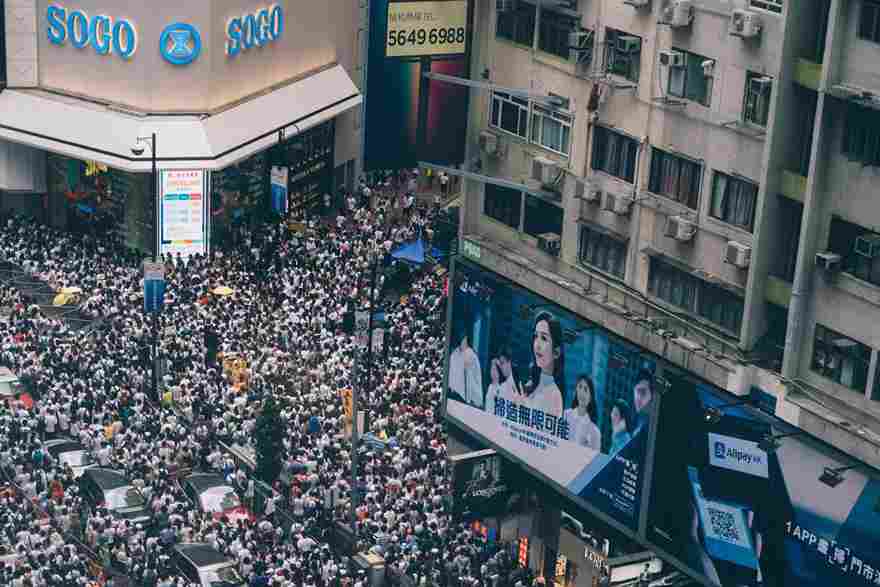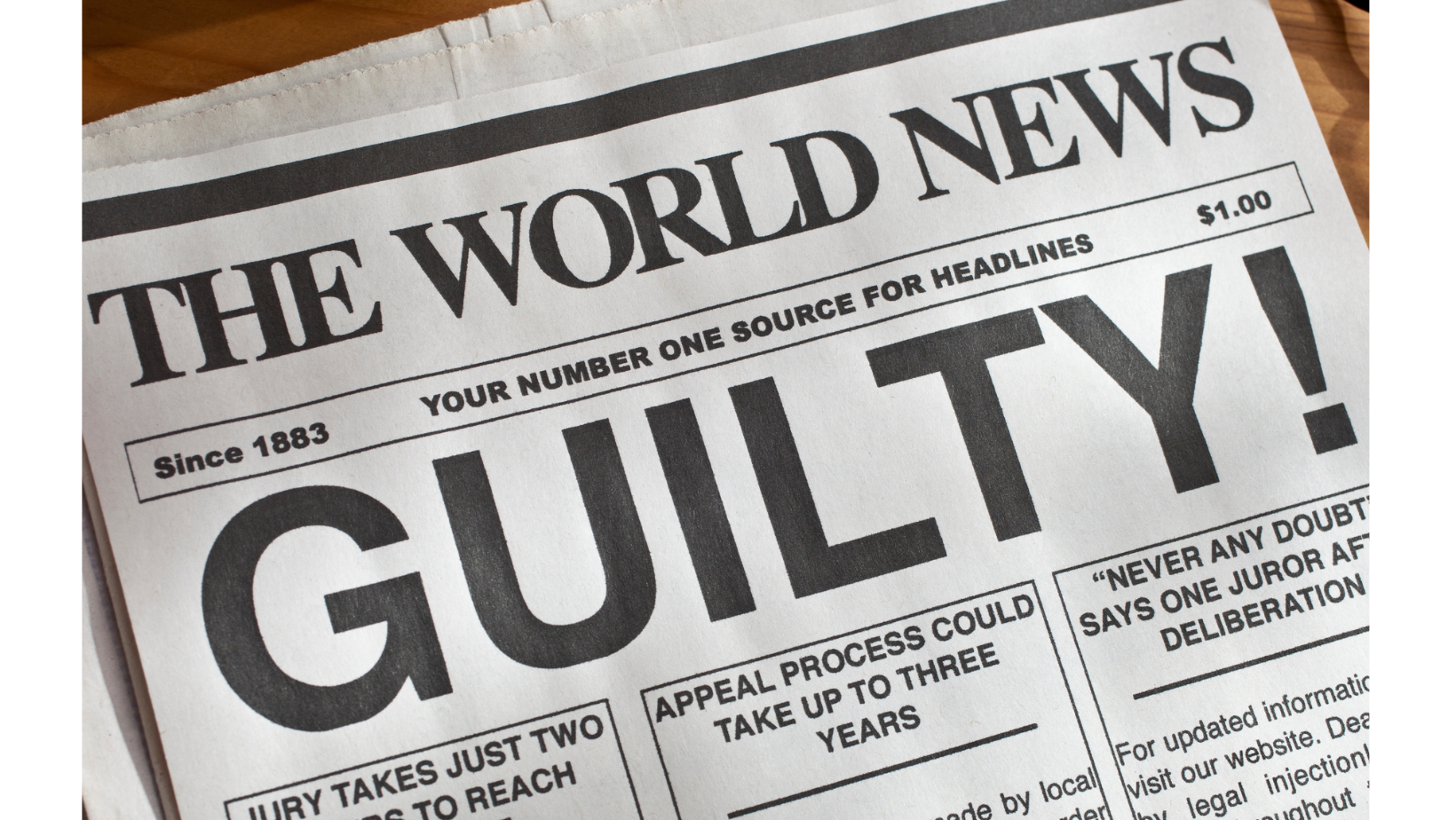We’ve all heard the news of protesters demonstrating in the streets of Hong Kong, decrying the proposed amendments to that city’s extradition laws with China. We’ve seen the television news footage of university students, right here in Australia, pushing and shoving each other over whether Hong Kong citizens should be tried in the Communist mainland. But what’s it all about? Doesn’t Hong Kong belong to China? Well, yes and no.
To fully understand the relationship, one needs to go a fair way back. In 1842, after being occupied by the British in the First Opium War, the island of Hong Kong was formally ceded in perpetuity to the United Kingdom under the Treaty of Nanking. Of course, in those days it was just a bunch of fishing villages with a population of around 3000 people. But over the ensuing hundred years or so a good deal changed, and by the end of World War II Britain’s tenure of the island state clearly had an end-date. In July 1997, Britain handed Hong Kong back to China, subject to an agreement that the Island would continue to enjoy various freedoms for the next 50 years, in accordance with the “one country, two systems” principle. In other words, Hong Kong became a special administrative region of China, but one that retained its own legal, political, judicial and economic systems. That deal is set to expire in 2047.
While Hong Kong presently has bilateral agreements relating to extradition with various countries (including Australia under the Extradition (Hong Kong) Regulations 2008), its law does not allow for extradition to mainland China. The proposed amendments would change all that, and potentially permit China to freeze the assets of Hong Kong residents, and try them under Chinese law. All this has brought bubbling to the surface some serious misgivings many Hong Kong residents have about the current state of human rights and the rule of law in China.
And they’re clearly not the only ones. Many Western countries have been reluctant to enter into extradition treaties with China, given that country’s reputedly poor human rights record and its criminal prosecution process. A few years back, Australia shelved a proposed extradition treaty with mainland China after such concerns were raised. Just a couple of months ago, the New Zealand Court of Appeal ruled against the extradition to China of a suspect accused of murdering a Chinese woman in Shanghai in 2009, likewise citing human rights risks on the mainland.
The World Justice Projects Rule of Law Index is an evaluation of the rule of law adherence worldwide, based on expert surveys conducted in 126 countries, measuring rule of law performance across eight factors, namely Constraints on Government Powers, Absence of Corruption, Open Government, Fundamental Rights, Order and Security, Regulatory Enforcement, Civil Justice, and Criminal Justice. According to the 2019 WJP Index, Hong Kong currently ranks at 16 in its rule of law performance, whereas China ranks way down the list at 82.
That discrepancy clearly has the Hong Kong protesters more than a little bit concerned.













